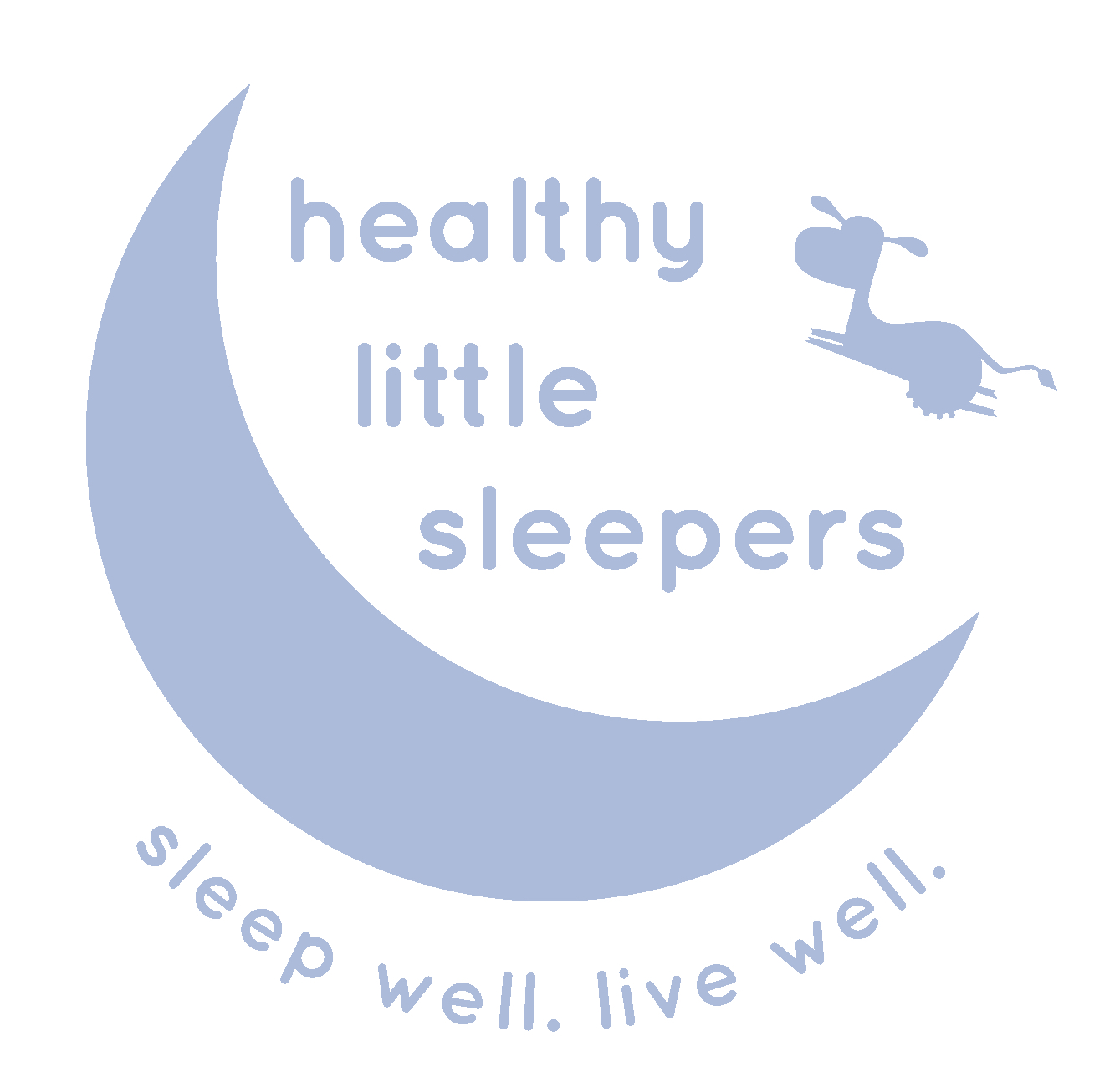Beyond the Basics: Other Factors that Influence Your Baby's Sleep
Sometimes baby + toddler sleep can be a complete mystery... ok, a lot of times, especially if you're not sure what to look for and why your little one may not be sleeping. Sleep can be especially frustrating when you've read all the books, have the core sleep elements in place, and your pediatrician says, just let them cry it out (with the best intention, but sometimes may forget to ask about other aspects beyond behavioral changes in sleep). So, you have everything in place for your baby's sleep: bedroom environment (check), timing (check), routines (check), sleepy cues (check), consistency (check), but your baby is still struggling with sleep. What could this be? While there are several things to consider, here are a couple factors that aren't often talked about but are gaining more attention in the sleep field:
Obstructive Sleep Apnea (OSA): Without getting to technical on you, OSA is essentially the result of your little one's airway not being kept open during asleep. Don't get too caught up in thinking this is your case; this sleep disturbance affects only up to 5% of all children. But, you'd be surprised how many I actually come across! OSA often involves the tongue and neck muscles, and the solution is often the removal of the tonsils or adenoids. Now, it's certainly important to determine first that this is actually the cause of the lack of sleep before considering this routine surgery. But, there are also other reasons to consider the surgery if this is the case (not just for sleep purposes). For example, OSA has been linked to significant reductions in gray matter (involving movement, memory, emotions speech...), hearing difficulties, and re-occuring ear infections, So, how do you know if your little one has OSA? OSA can often be characterized by snoring, mouth breathing, increased respiratory effort, excessive daytime sleepiness, and even an increase in ear infections. If these signs sounds familiar, bring it to the attention of your doctor. You can even tell them I sent you! ;)
Tongue Tied: Believe it or not, our tongues can actually influence sleep too! A properly placed tongue (i.e., on the roof of the mouth) is not only a sign of strong muscles (think for sucking) but also a sign of healthy airways. However, when the tongue sits low and doesn't rest on the roof of the mouth, it is often due to a tongue tie. So what is a tongue tie? If you go to a mirror and lift up your tongue, you'll see a little piece of tissue that connects the tongue to the floor of the mouth (aka a lingual frenum). When that piece of tissue is short, it does not allow for proper sucking, swallowing, and resting positions (you may even see that the tip of the tongue is heart-shaped). As a result, tongue ties can lead to OSA, difficulty with nursing or bottle feeding, and future speech challenges. In fact, the International Journal of Pediatric Research cited that a tongue tie is a clear risk factor for the development of sleep disordered breathing, including sleep apnea. This is a very real medical condition that cannot just be corrected by changing habits or doing mouth exercises alone. This is often treated by doing a frenectomy; a simply 15-minute procedure done in a dentist office. Tongue ties are so common that there is even a FaceBook group for it! So, if your little one is mouth breathing or has difficulty nursing or taking a bottle, check your little one's tongue (you can turn your baby upside down being silly and give a little tickle to have them open their mouth so you can look). And, of course, check with your pediatrician or a local myofunctional therapist (if you're in the LA area, I have a great one for you, Anna Gross, MS, CCC-SLP with Kids Therapy Made Simple)!
I wanted to share this information with you, so you can be aware of some of these other things that can influence your little ones sleep, not to alarm you or make you think this is what's going on with your baby. I always lean on the side of knowledge is power, so hopefully this is useful for you or someone you know. While many sleep problems are transient, the notion that your little one will eventually "grow out of them" is not always the case.
------------------------------
Susie Menkes, PhD is a Certified Infant + Toddler Sleep Specialist through the Family Sleep Institute (FSI), and she is dedicated to helping families get their little ones to be healthy little sleepers. As a mom of two, she knows and understands what you are going through and is here to support, educate, and guide you on all matters related to sleep.


